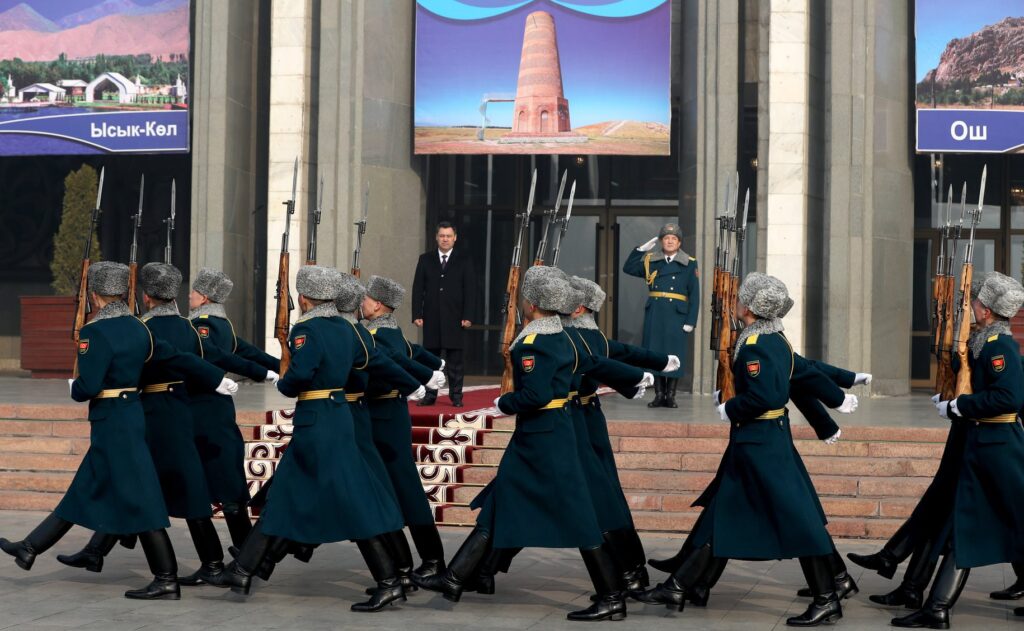Kyrgyz Servicemen Will Be Allowed to Buy Their Military Housing
A new law in Kyrgyzstan allows military personnel who have served in the Kyrgyz army for more than 20 years to purchase their government-issued housing for temporary use. Additionally, families of servicemen killed in the line of duty -- and former members of the military themselves -- can submit claims for housing. The state-assigned apartment can be bought out, or, under certain conditions, can be obtained free of charge. "To military servicemen, dismissed to the reserve or retired by age, health, redundancy or family and other important circumstances and having a length of service of 20 calendar years or more, as well as family members of a serviceman who died or died in the performance of military service, occupied or provided them with service apartments at their chosen place of residence are transferred to personal ownership free of charge," reads the text of the law. The issue of service housing had previously been raised by the Ministry of Defense. The ministry believed that employees should be able to own their state housing during their service, and not only upon retirement. The ministry says it believes the legislative changes will raise the status of the Kyrgyz army. According to official data, more than 3,000 military personnel live in cramped conditions in the country. The authorities pay rent compensation to such service members in the amount of $100 per month.



